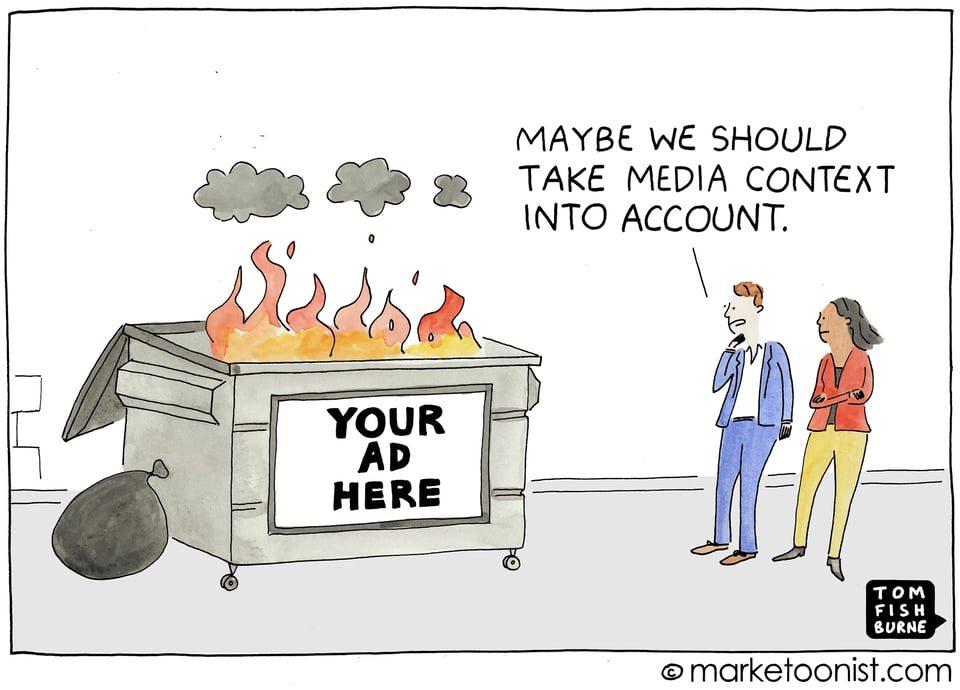AdTech: the legit way (and FB fines)
Let’s get it out of the way - shall we?
Meta just got slammed with the biggest GDPR fine ever for illegally transferring EU personal data to the US. A fine of 1.2 billion euro.
(we talked about this data transfer issue thing in the Google Analytics email as well as here)
But don’t worry, they’ve got 6 months to sort it out and the European Commission has stated that they will sort out an arrangement between the US and EU re data transfers so it could be that Facebook might just wait around to see how that turns out.
Johnny and Aner have put it best:
Now that that is out of the way let’s talk adTech.
As discussed in past emails it’s a slippery slope and no one wants to deal with it while everyone does deal with it. In short, it’s a messy world and I’m attempting to make sense of it.
AdTech on its own is actually quite simple - and it’s not all bad. But how do we handle it when it comes to GDPR and all sorts of other privacy regulations that are out there?
The next few emails will discuss various options that are being worked out. Today is the “easy” one and probably the most legit one (I won’t address first-party data collecting specifically as I don’t think it’s a actual “replacement” and you are on the back foot if you are not collecting first party data)
Contextual Targeting.
So, what is contextual targeting or advertising? It’s quite simple actually, which also make this the shortest email in the series.
Contextual targeting is all about showing ads based on what users are viewing or reading to make sure it's relevant. It's not based on the users previous actions.
It’s keyword targeting +.
And it feels personalised.
You see, it’s an odd world out there and even though people don’t want to be tracked, opt out of nearly everything, and find too much personalisation creepy they still want to see relevant ads and have a personalised experience.
They want their cake and eat it too.
So contextual advertising seems to be a good option. They get some personalisation without it being super creepy. Even better you are not collecting data on their behaviours so…..
But contextual advertising can seem a bit old-school (to us marketers), like we are going back in time. It can also seem inefficient. But maybe this is the best option for now, let’s break down the pros and cons.
Pros:
It dose not require user level data
No need for cookies
It’s compliant with privacy regulations
Can be super relevant if you get it right
Cons:
It takes time as you don’t have much data to learn from
It can be hard to scale
It get’s tricky when ensuring you have the right keywords for interested matched with broad interest sites

Reads:
A taste for what is to come in the next email with a great article as to why the walled garden strategy needs to be changes
The New York Times on opening the lid to on two giant pandoras boxes
I'm a huge Ted Lasso fan so I couldn't skip this one on corporate culture and the Ted Lasso way
That's it for this week.
Next one is all about those gardens, open and walled, which are also called Data Clean Rooms.
Siobhan


Add a comment: